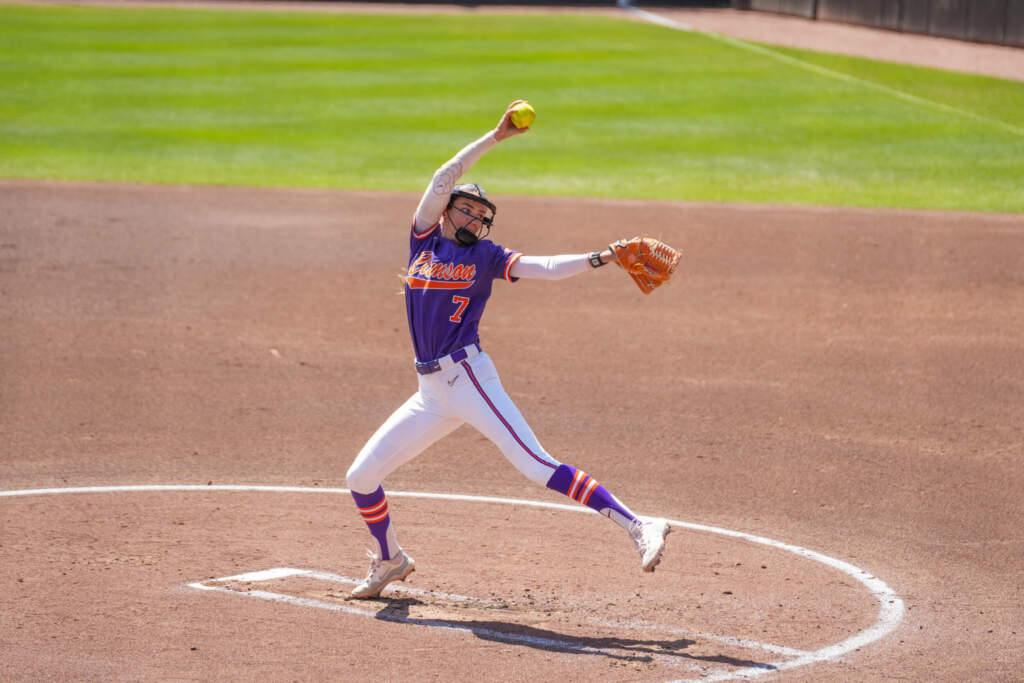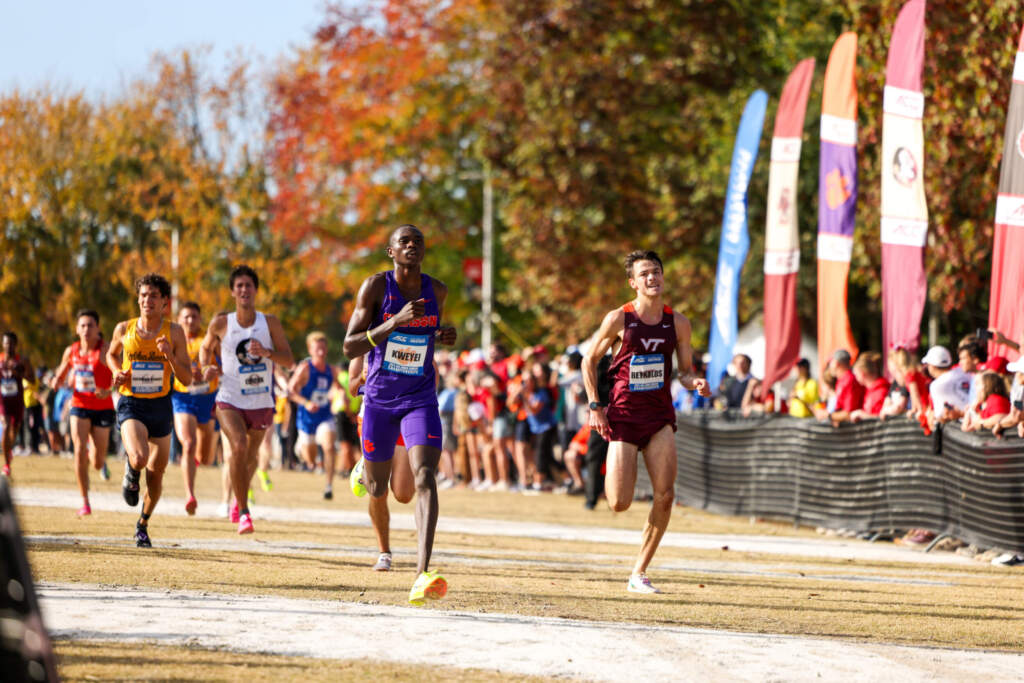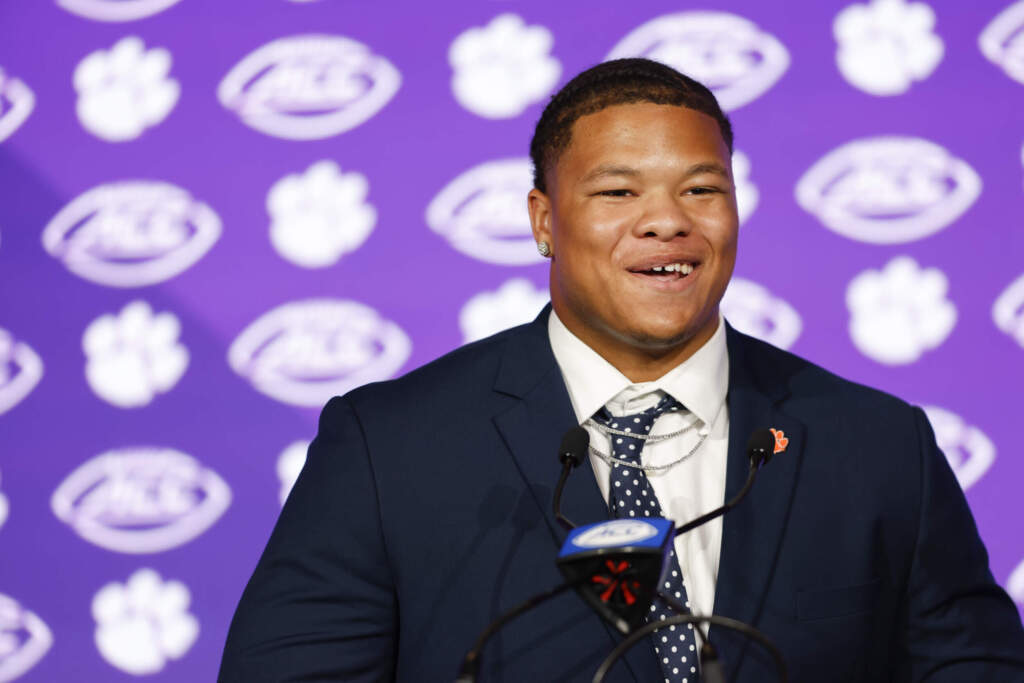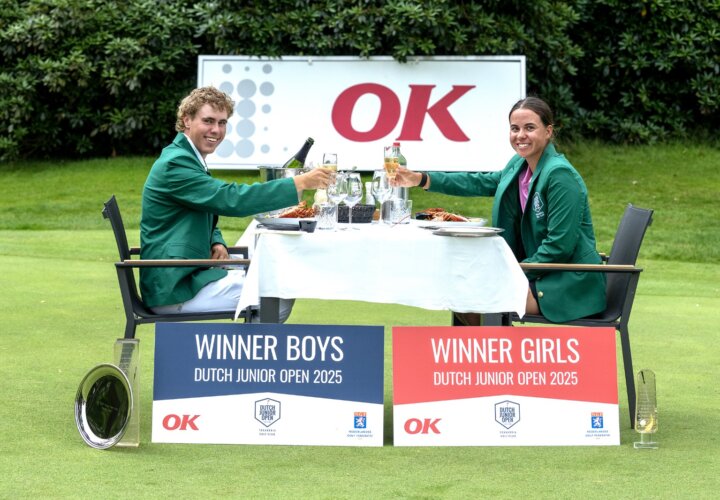Oct. 14, 1999
by Foster Senn
For Michelle Burgher, a Clemson track athlete from Jamaica, it’s the Clemson campus that’s surprises her. “It’s huge,” she said. For Skye Frost, a Tiger volleyball player from Australia, it’s the 80,000 fans at the football games. “We never see that amount of people at home.” For Alejandro Dubreuil, a Tiger swimmer from Peru, it’s the landscape that impresses him, “I think South Carolina is really pretty. We don’t have these huge pines and the lakes like you do here.” But for all of Clemson’s international athletes, their reason for being at Clemson is the same as generations of student-athletes that have come before them: opportunity. An increasing number of international athletes are coming to Clemson to pursue their education and improve their athletic skills.
Clemson women’s tennis coach Nancy Harris said Clemson and the international athletes benefit when the international athletes come to Clemson. “We’re providing the education, they’re providing their skills to help our teams perform better,” she said. “It seems to be a win-win situation for both sides. Our country has always been about opportunity. I think that as an American, I want to share my country with other people. What greater way can we be ambassadors to the world than to help educate it.”
Burgher said an athletic scholarship to an American university is a great opportunity for young track stars from Jamaica like her. “At home to go to college is like a dream,” she said. “If your parents don’t have a lot of money and the means to send you to college, you just go to work.
“We take track and field very serious in Jamaica. We look at going to an American university as not only a way to better ourselves athletically, but as a way to further our education.”
Carmina Giraldo, a Tiger tennis player from Colombia majoring in language and international trade, believes her time at Clemson will have lasting benefits. “I’m getting my education, and I know that’s a guarantee for my future,” she said.
Many Tiger coaches have international recruiting contacts, just like they do across South Carolina and across the US. Those coaches use those international contacts to find out about talented athletes around the world.
Most international athletes first think of coming to America when they excel in sports at the high school and junior level. “My coach in Australia used to always talk about America,” says Frost. “My junior team won the Australian national title and then came to play in America in the Midwest. After that, I said I was interested in coming over here to play.”
An Australian recruiter promoted Frost to American colleges, and after that, Frost got a few letters, e-mails and videos from some US schools, including Clemson. However, her decision to attend Clemson was a little different than most students as she never visited Clemson until she came as a student. “I only saw it through videos,” Frost said. “And my coach’s brother lives in America and he knew Clemson was quite a good school. I said, “Why not? There’s an opportunity. Why not take it.”
Dubreuil, from Lima, took the more traditional route to Clemson with a visit. “When I visited Clemson the first time, I really liked it a lot,” he said. “I liked the guys on the team. I liked the coaches.”
Burgher first attended George Mason University in Virginia before looking to transfer to another school. “I wanted to go somewhere that not only fostered good athletics, but also where the academic program was good and that had good academic facilities,” she said. “That’s how I got involved with the Clemson people.”
Clemson professors impress Burgher and Frost. “Teachers are willing to help more than at home,” said Frost.
“The student/teacher ratio in the classes is small, and I like that,” said Burgher.
Burgher said her classes aren’t harder than in Jamaica but the amount of schoolwork is greater. “The workload is a lot,” said the psychology major. “But I think it can be accomplished if you have your priorities straight and have a balanced schedule.”
Clemson’s Coach Harris says international athletes traditionally do well academically in the US. “My experience has only been a plus,”she said. “International athletes tend to be good students and tend to be well educated. They have always done well for me as students, as competitors and as people.”
Giraldo finds Clemson’s size to be beneficial for her to get her education and improve her tennis game. “It’s a small town so you can be focused on your sport and focused on your studies,” she said.
Dubreuil, who speaks perfect English, said reading his textbooks takes extra work, especially when he first started at Clemson. “I think school-wise the biggest problem initially was the language,” he said. “It was hard for me to get use to taking notes in English instead of Spanish. Whenever I read, it took two or three times for me to get it. The main problem was retention.”
Giraldo only recently began speaking English so her location in each class is important to her. “I always sit in the front row,” she said. Also multiple choice tests aren’t used in Colombia so that’s taken some getting used to. “I think they’re very tricky,” she said.
Away from the books and the athletic fields, the international athletes say good friends are important. “I think the tennis team is really like a family,” said Giraldo. Dubreuil said, “I have some great friends here. I’m really happy here.”
Athletically, Clemson’s top-notch facilities and coaches help the athletes reach their potential. “At home we don’t have a lot of good facilities, good gyms or a weight program,” Burgher said of Jamaica.
Like some Tiger athletes, Burgher and Dubreuil hope to make their countries’ Olympic teams next year. Both have competed for years on some of their countries’ international teams and junior national teams. Dubreuil barely missed making the 1996 Peruvian Olympic team.
Traveling the US through their sports while at Clemson is something all of the international athletes enjoy. “I’ve been to Maine, and I loved that,” said Frost. “Chicago, Texas, St. Louis. The traveling is great.”
Burgher says differences in American cities surprise her. “I’ve compared New Orleans to places like the Washington, D.C. suburbs in Virginia, and it’s such a big contrast.”
Being away from home is difficult for the international athletes. “I still go back every summer,” said Dubreuil. “I miss it a lot. I would like to go back to Peru and work there.” Giraldo said her mother visited her at Clemson recently from Colombia. “She really liked it and she was very, very happy,” Giraldo said.
Frost tries to go home to Australia every summer and sometimes during the Christmas holidays. “It costs a lot of money, but when you want to go home, you want to go home,” she said. If the Tiger volleyball team can make the Final Four in Hawaii this year, Frost’s family will meet her in Hawaii for the championships.
Missing out on home cooking can be tough. “Oh, yeah,” said Frost. “The meat tastes different, and things like American sausage and spaghetti taste a little different than in Australia.”
Burgher brings the taste of Jamaica to Clemson. “I can cook normal Jamaican foods,” she said. “Things like curry chicken and rice, rice with peas and chicken, boiled dumplings.” Burgher entertains her friends sometimes. “They love Jamaican food, especially curry chicken.”
Clemson’s international athletes say they are surprised about how little Americans know about other countries. Some Americans are not culturally aware of what goes on in other countries,” says Burgher. “I think I know a lot more about America compared to American students’ knowledge about other countries.”
Frost says she encountered some of that when she first arrived in America from Australia to come to Clemson. “The funniest thing was after I first got off the plane,” she says. “One of the people picking me up says “You hungry?” So we stopped at a McDonalds but she thought I had never seen a McDonalds. And she was talking to me like I couldn’t speak English. Very slowly, “Do you know what a Big Mac is?” It was funny.”
Coach Harris thinks international athletes can help expose American students to the world. “Many universities need diversity, and international athletes can help provide that,” she said.
Like many other college students, the international athletes aren’t completely sure what they want to do after college. Giraldo, a sophomore, might try professional tennis. “If I feel like I want to play some tournaments, I will try. I would then like to go Europe. I don’t want to go back to Colombia. This situation is a little tense there. I really don’t feel connected to my country.”
Burgher plans to enter graduate school at Clemson. Dubreuil says he will return to Peru if he can find a good opportunity. He thinks his Clemson degree will help. “For business, companies really appreciate if you have an American university title,” he said.
Frost, a senior in visual arts, says she might go to graduate school in graphic communications or she might go home after getting her undergraduate degree. “There’s a lot of opportunity back in Australia.”
Wherever they end up, the international athletes say they are glad they came to Clemson. Frost, a senior, will look back on her days at Clemson with fond memories. “I’ve just had a great time. I’ve seen a lot of places, which is wonderful. And I’ve made so many great friends.”
Burgher said, “The people here are very friendly. This is a very good place.”
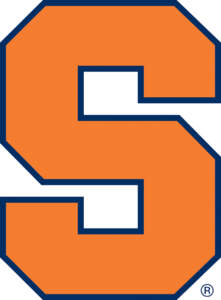 Syracuse
Syracuse 
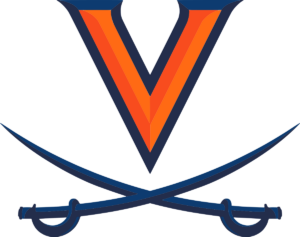 Virginia
Virginia 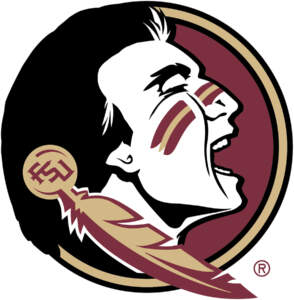 Florida State
Florida State 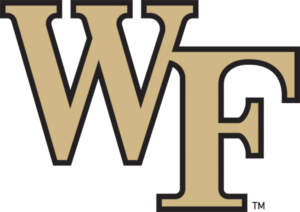 Wake Forest
Wake Forest 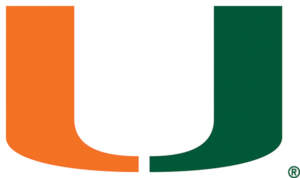 Miami (Fla.)
Miami (Fla.) 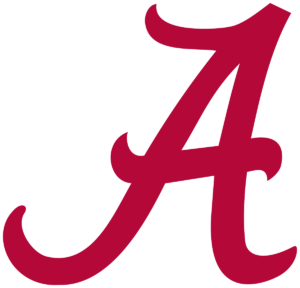 Alabama
Alabama  Tennessee
Tennessee 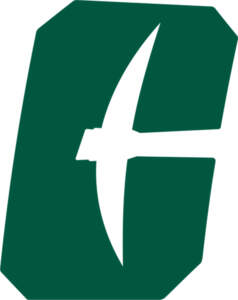 Charlotte
Charlotte  USC Upstate
USC Upstate 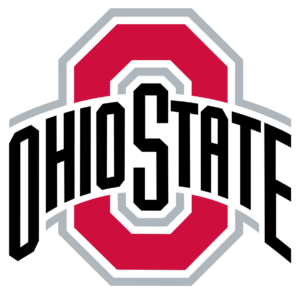 Ohio State
Ohio State 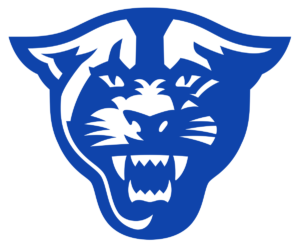 Georgia State`
Georgia State`  Ohio University
Ohio University 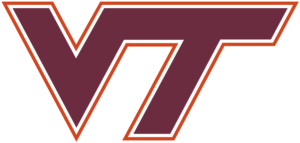 Virginia Tech
Virginia Tech 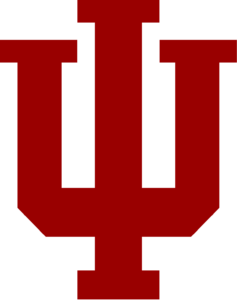 Indiana
Indiana  Tiger Classic
Tiger Classic 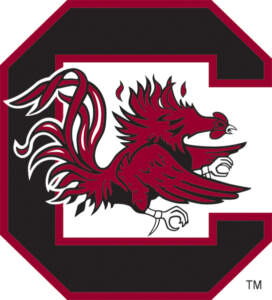 South Carolina
South Carolina 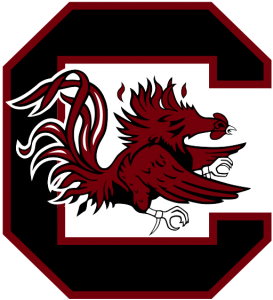 South Carolina
South Carolina 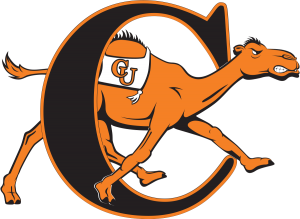 Campbell
Campbell 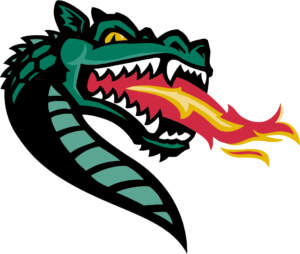 UAB
UAB 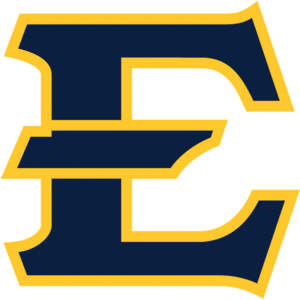 East Tennessee State
East Tennessee State  LSU
LSU 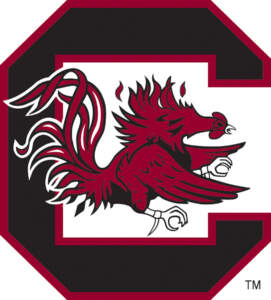 South Carolina
South Carolina 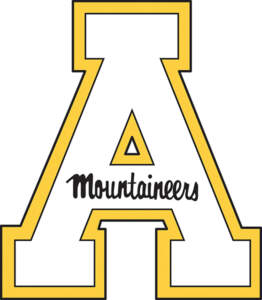 App State
App State 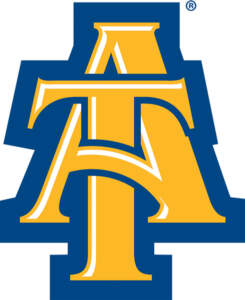 North Carolina A&T
North Carolina A&T 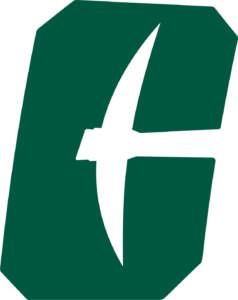 Charlotte
Charlotte 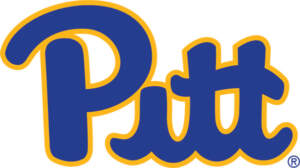 Pittsburgh
Pittsburgh 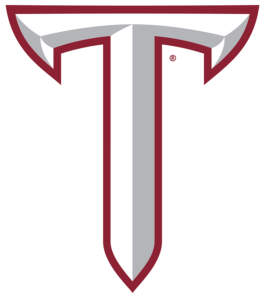 Troy
Troy 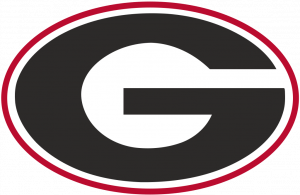 Georgia
Georgia 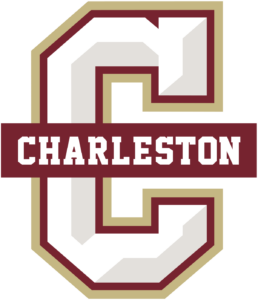 Cougar Classic
Cougar Classic 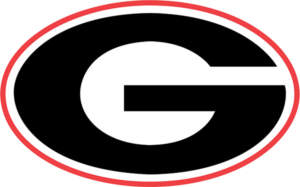 Georgia
Georgia 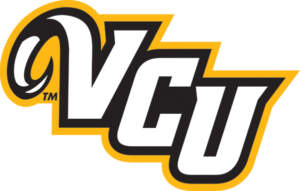 VCU
VCU 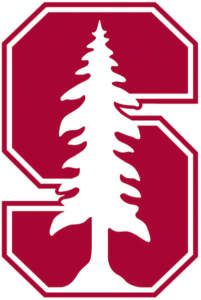 Stanford
Stanford  Elon
Elon 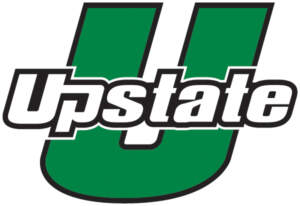 USC Upstate
USC Upstate 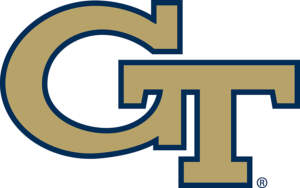 Georgia Tech
Georgia Tech  Wofford
Wofford  SMU
SMU 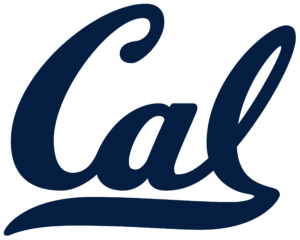 California
California 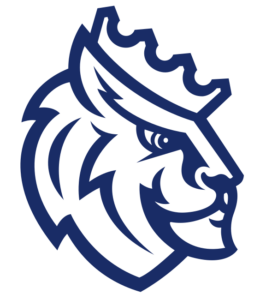 Queens
Queens  Georgetown
Georgetown 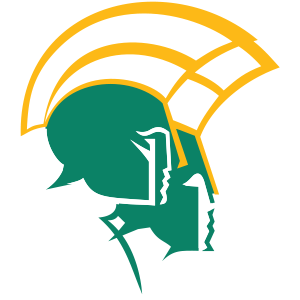 Norfolk State
Norfolk State 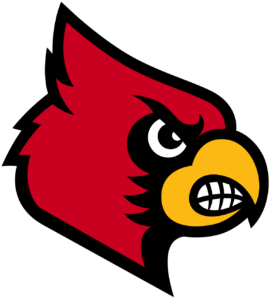 Louisville
Louisville 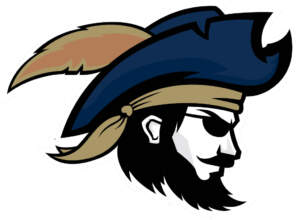 Charleston Southern
Charleston Southern  Mason Rudolph Championship
Mason Rudolph Championship 

